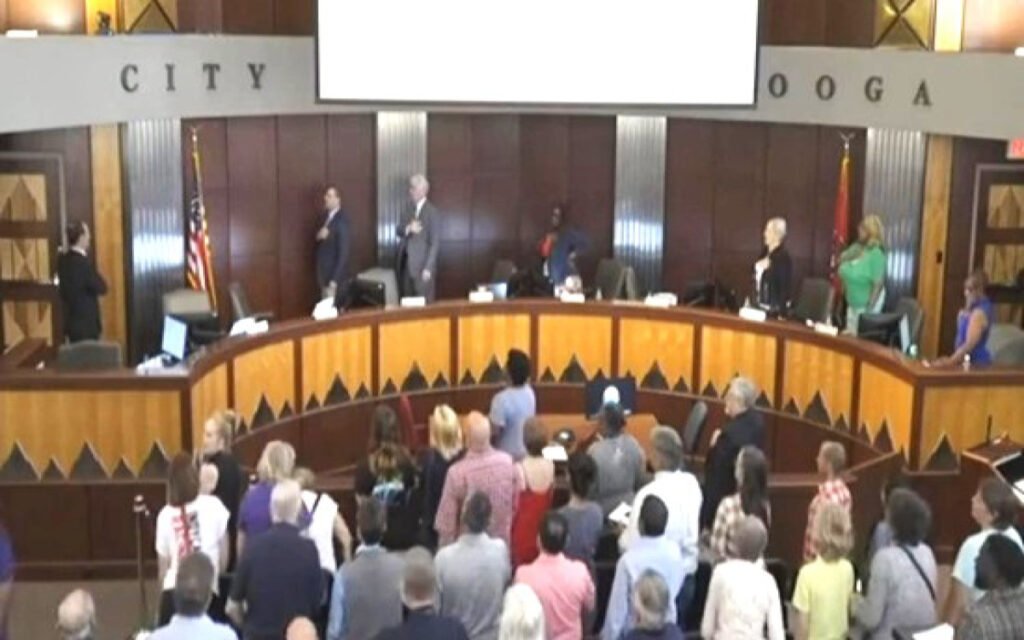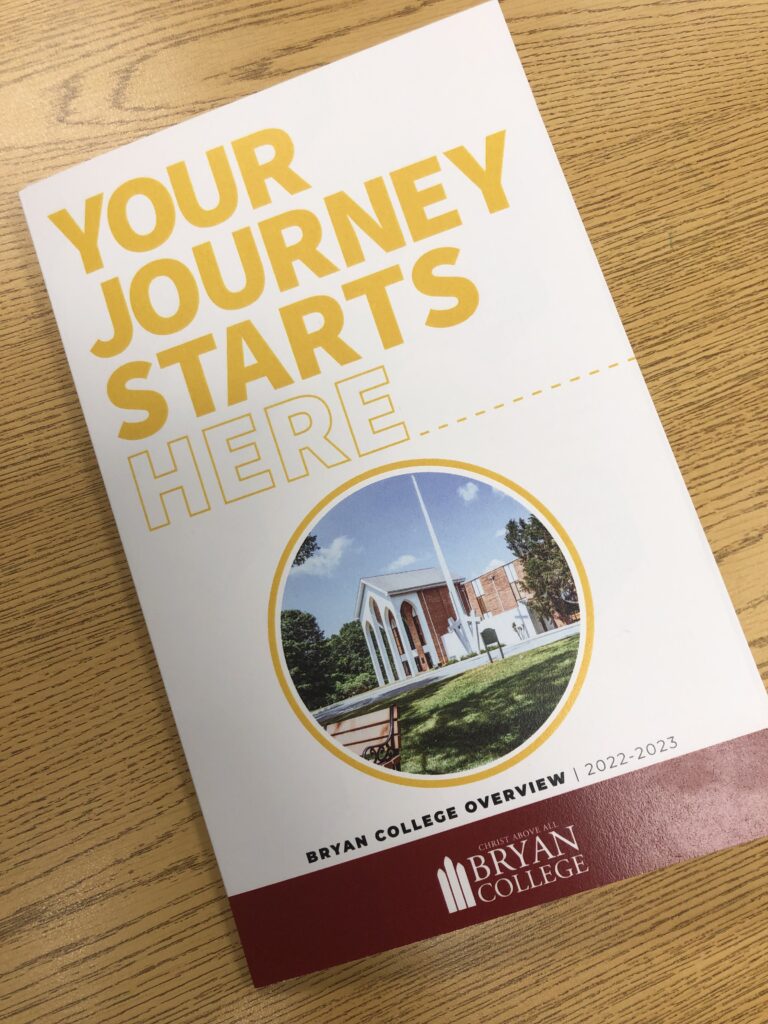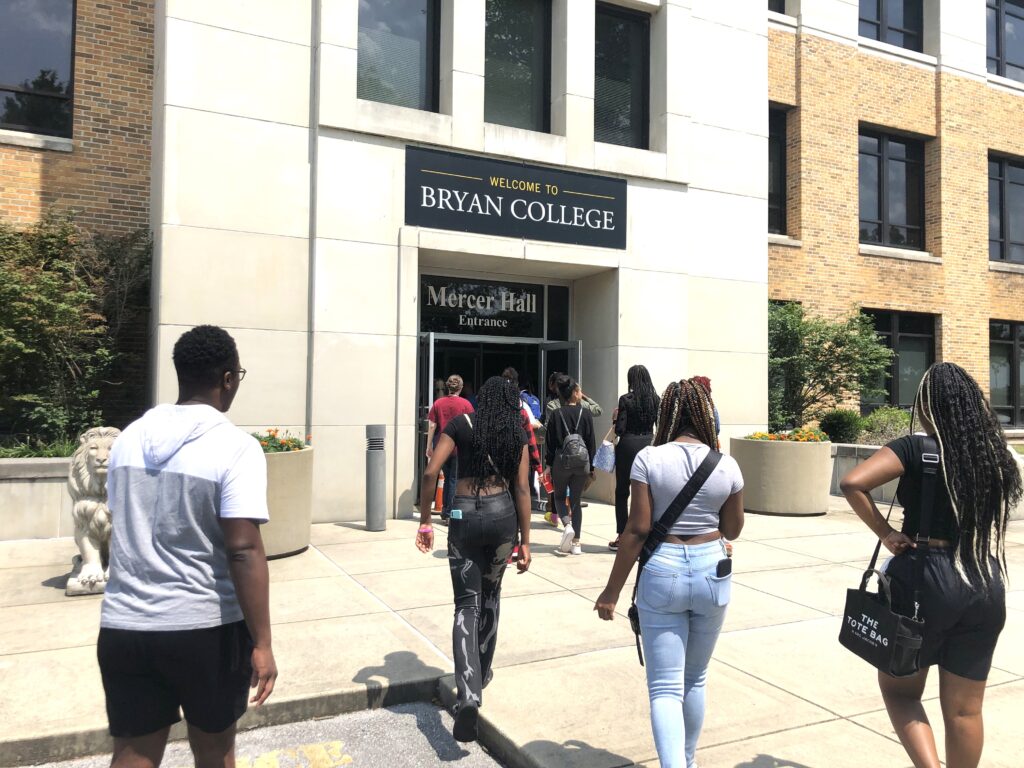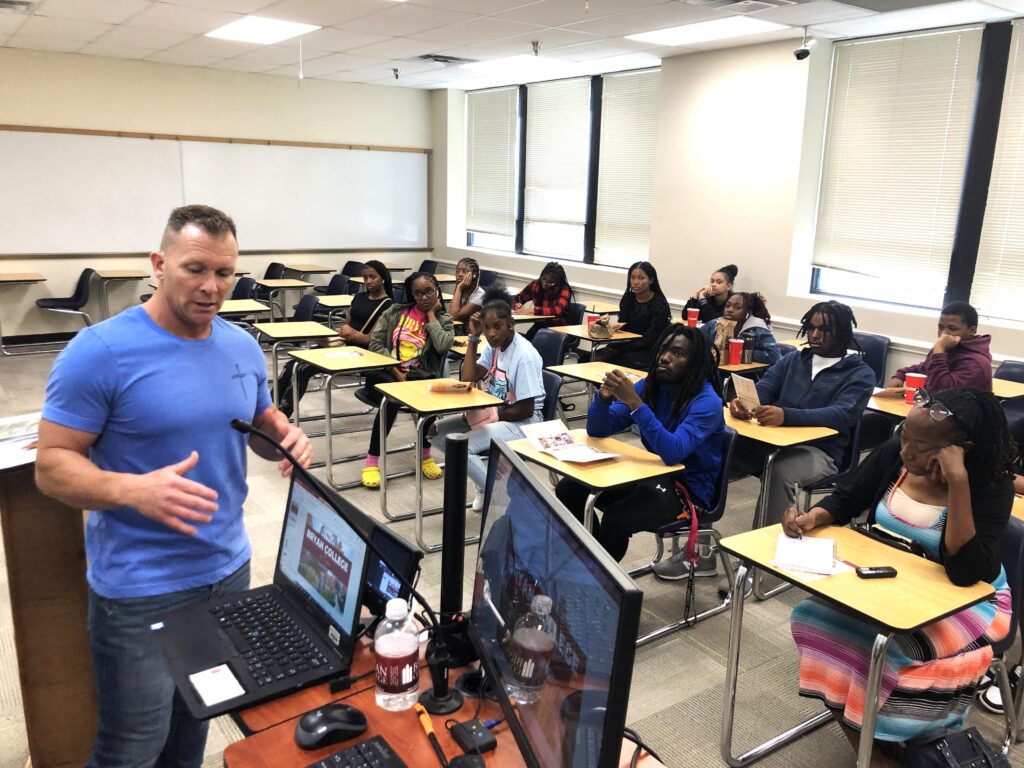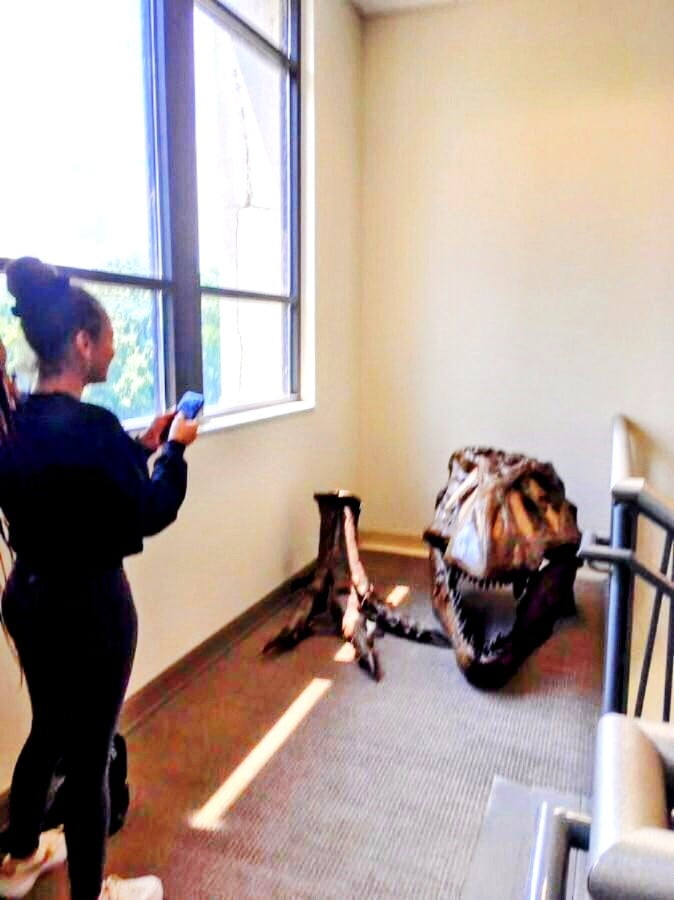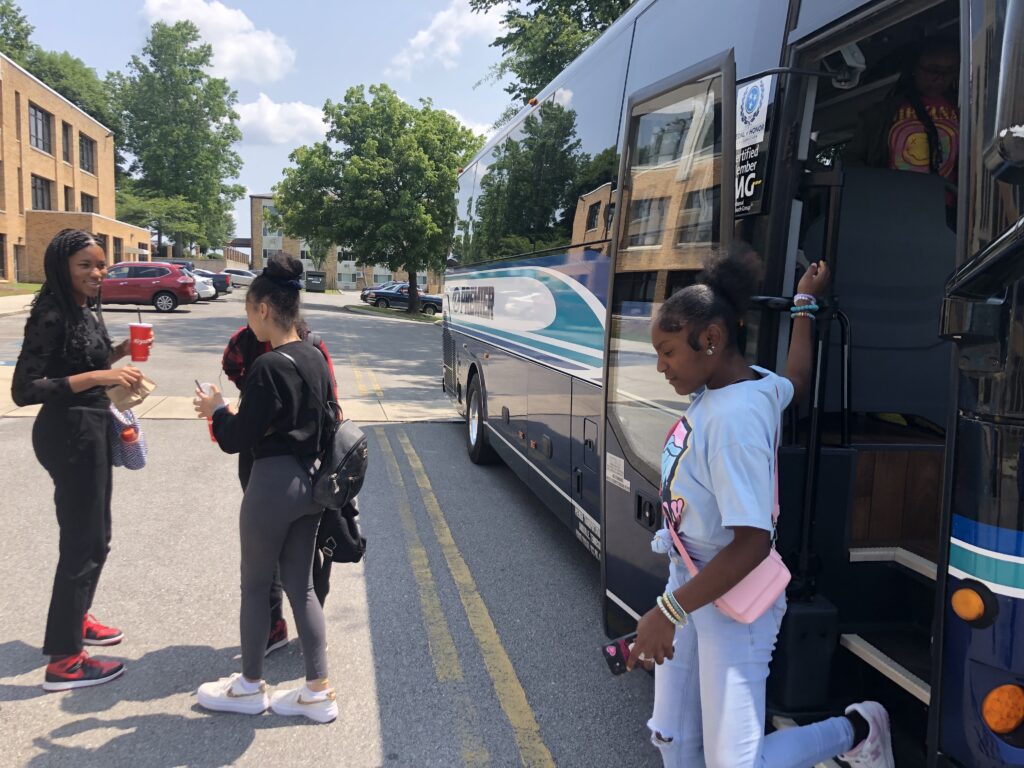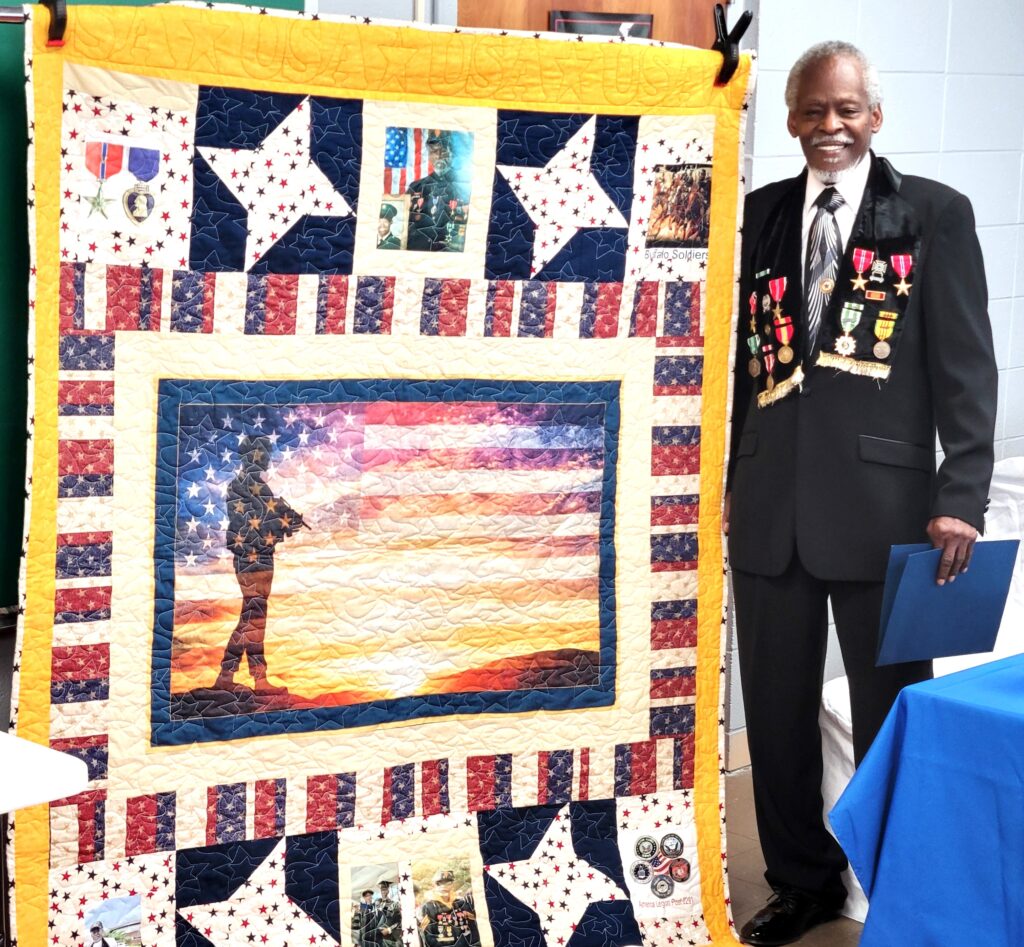Thelma Marie Claybrooks Harper, born in Brentwood, Davidson County, Tennessee, on December 2, 1940, was the first African American woman State Senator in Tennessee.
She was born to the Rev. William Claybrooks, Sr., and Clora Thomas Claybrooks, a sharecropper who parented eleven children.
Her early education began in a rural one-room schoolhouse before attending William Haynes High School, the only high school for African Americans in the County. She later graduated from Cameron High School in Nashville, 11 miles away.
In 1956, she married Paul Harper. They became the parents of Linda Gail Harper and Dylan Wayne Harper.
While studying at Tennessee State University (TSU), Claybrooks Harper was selected to serve as Grand Jury Foreman for Davidson County’s 5th Circuit Court in 1977. This marked the beginning of her political career. The next year, she received a B.S. in business administration and accounting from TSU.
In 1980, Claybrooks Harper began public service when elected Executive Committeewoman for the 2nd District. In 1983, she won a seat on the Metropolitan Council, the legislative authority of the Metropolitan Government of Nashville and Davidson County. She remained there until 1991 when she was elected to the Tennessee Senate for the 19th District. This District comprises a sizable portion of Davidson County, including the urban core of Nashville. The first Black woman to preside over this body, she chaired the Government Operations Committee and was the first senator to serve as Chair of the Tennessee Black Caucus.
Claybrooks Harper was a delegate to the Democratic National Convention in 1980, 1984, 1988, and 1992, and, in 2000 she was one of the convention speakers for former Vice President Al Gore, the presidential nominee at the Democratic National Convention.
In 2003, she simultaneously served as the 2nd District Councilwoman, to complete her term, and as the 19th District State Senator.
In 2017, Claybrooks Harper sponsored the legislation renaming a portion of U.S. Highway 41 to Rosa Parks Boulevard in honor of the civil rights activist who was arrested and fined after refusing to yield her public bus seat to a white man in Montgomery, Alabama during Jim Crow. The bill was passed in both the House and the Senate.
Claybrooks Harper did not file to run for re-election in 2018. Instead, she retired from the State Senate after serving 28 years. During that time, she worked closely with five sitting mayors of Metropolitan Nashville and Davidson County and four governors of Tennessee, including Democrats Ned McWherter and Phil Bredesen.
The Honorable Thelma Marie Claybrooks Harper, a Golden Life member of Delta Sigma Theta Sorority Incorporated and the longest-serving female state senator in Tennessee history died on April 22, 2021. She was 80. CONTRIBUTED BY: OTIS ALEXANDER












